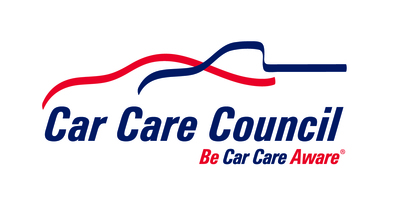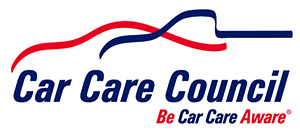BETHESDA, Md., Jan. 8, 2019 /PRNewswire/ -- It is that time of the year when many motorists wonder if they need to let their vehicle "warm up" or idle before driving. In fact, today's modern cars are ready to drive in cold temperatures without excessive idling, says the Car Care Council.

The idea of idling before driving dates back to when cars were built with carburetors. With new fuel-injection technology, complex computer systems and thinner synthetic oils, drivers don't need to warm up their cars before hitting the road.
According to the Environmental Protection Agency (EPA), "When a car idles for more than 30 seconds, it has several negative effects, such as increasing air pollution unnecessarily, wasting fuel and money, and causing excessive wear or even damaging a car's engine components, including cylinders, spark plugs and the exhaust system. Contrary to popular belief, idling isn't an effective way to warm up most car engines."
"Unless you are trying to defrost the windshield or warm the interior of your car, idling is not required for today's vehicles," said Rich White, executive director, Car Care Council. "In most cases, idling longer than 30 seconds is unnecessary, even on the coldest days. The best way to warm up your car's engine is to drive gently at the start. Remember, a vehicle gets zero miles per gallon when idling and the result is lower fuel economy and wasted money."
The non-profit Car Care Council has a free 80-page Car Care Guide for motorists that features several pages of fuel economy and environmental awareness tips. Available in English and Spanish, the popular guide uses easy-to-understand everyday language rather than technical automotive jargon, fits easily in a glove box and can be ordered free of charge by visiting www.carcare.org/car-care-guide.
About the Car Care Council
The non-profit Car Care Council is the source of information for the "Be Car Care Aware" consumer education campaign promoting the benefits of regular vehicle care, maintenance and repair to consumers. For the latest car care news, visit the council's online media room at http://media.carcare.org. To order a free copy of the popular Car Care Guide, visit the council's consumer education website at www.carcare.org.
SOURCE Car Care Council

